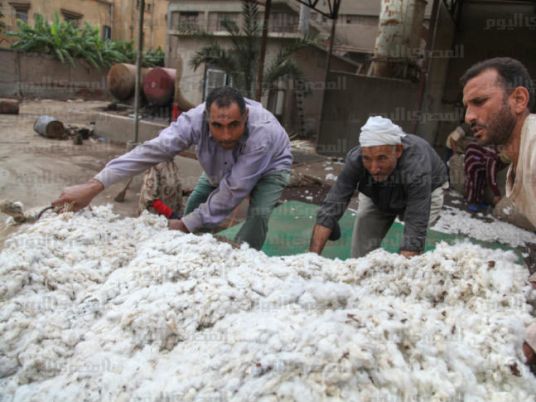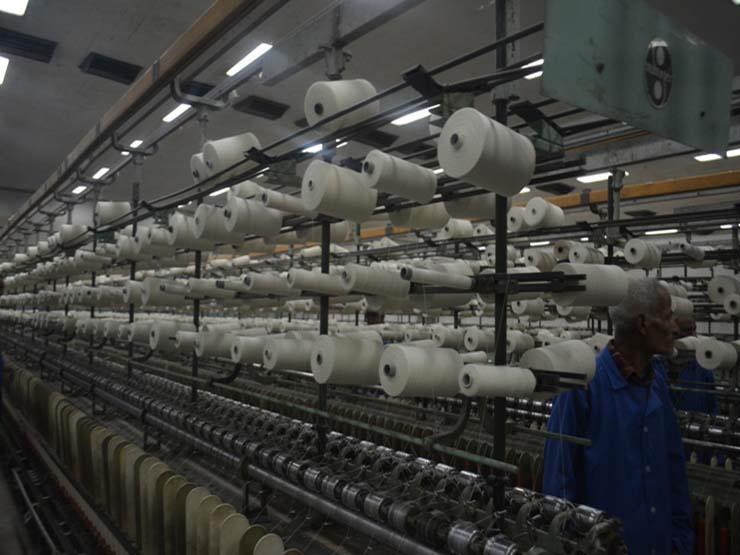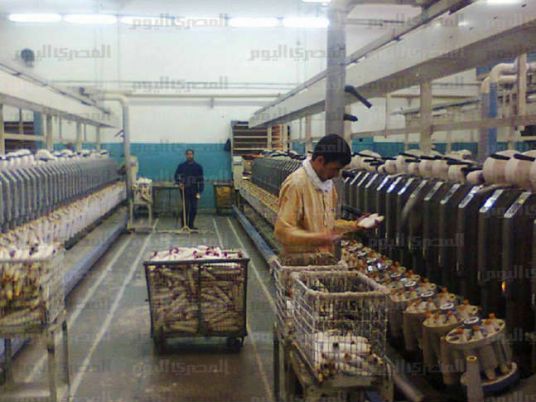
The federations of commerce and industry objected in an official statement to the decision issued by the minister of agriculture to suspend the import of cotton to market Egyptian cotton. According to the federation, the step may destroy the textile and garment export industry.
Mounir Fakhry Abdel Nour, Minister of Industry, held an emergency meeting, yesterday afternoon with the Supreme Council for Textile Industries to discuss the repercussions of the decision of the Ministry of Agriculture.
"Although investment flows and the economy started to recover, there are voices that insist on destroying exports and increasing unemployment rates and transform Egypt into an isolated island, unattractive for investment," said the statement.
"The Ministry of Agriculture is supposed to carry out its primary role to increase productivity and expand agriculture, but instead it has decided to cancel the import of cotton, destroying the textile and garment export industry, which is the top export industry in Egypt, employing a large number of workers," said Ahmed al-Wakeel, head of the federation.
The Ministry of Agriculture follows a series of outdated policies woth regard to investments, he added.
Official sources at the Ministry of Agriculture accused the "mafia of cotton import companies" of seeking their own personal interest to achieve profit at the expense of Egyptian farmers.
The sources called on the minister of agriculture to impose fees on imported cotton yarn from abroad to protect the Egyptian industry and domestic production of cotton, provide foreign currency, and to help market Egyptian cotton.
President of the Federation of Industries Mohamed al-Suweidy said that the federation submitted an urgent memorandum to the Minister of Industry and the Prime Minister, yesterday, demanding to cancel the import ban on cotton to preserve investments in the textiles and garments sector as well as employment rates.
Chairman of the Supreme Council for Textiles Mohamed Qassem said "the council will discuss the implications of this decision on the sector" and stressed the insistence of the council to stop its implementation and to develop realistic solutions to save the cotton plantations in Egypt.
He added the decision forces the spinners to buy cotton at high prices that would produce low-quality yarns, leading to losses.



